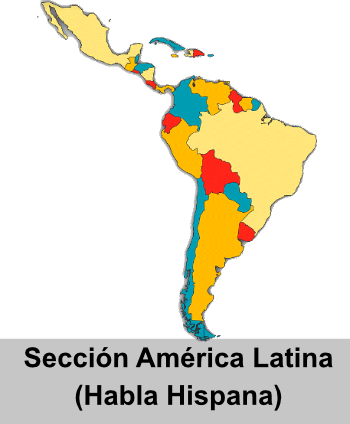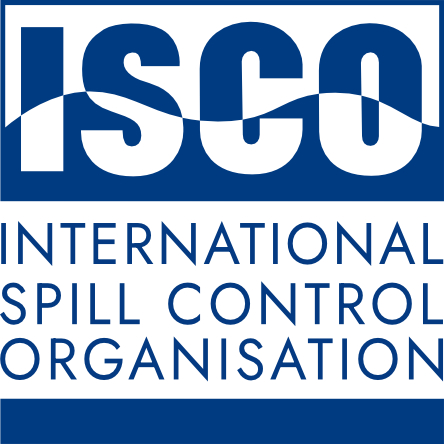Dr Douglas Cormack, Honorary Member of ISCO, has written an open letter to those NGOs that continue to support scientifically unproven beliefs that inhibit the application of cost-effective strategies for spill response.
The international Spill Control Organisation (ISCO) is currently producing a knowledge-based contingency plan for marine incidents which will be available to the member states of the International Maritime Organisation (IMO) through its Marine Environment Protection Committee (MEPC).
This contingency plan will be based on the fate and effects of oils and so-called hazardous and noxious substances (HNS) as controlled by the interaction of their physicochemical properties with atmosphere, sea and shorelines; the means by which such releases may be curtailed; the effectiveness of release- response equipment and techniques assisted by natural evaporation, dispersion, solution and bio/ oxidative degradation; and the means by which recovered materials may be recycled or processed for recycling/disposal should viscosity necessitate recovery: all such knowledge having been acquired by laboratory, sea and shoreline experimentation with oil/HNS released deliberately and/or by incidents.
However, knowledge-based contingency planning for restoration of the marine environment to its pre-incident state as quickly and cost-effectively as possible has thus far been thwarted by beliefs that organism contact with oil/HNS causes species-extinction/ecological-disaster; that dispersants increase such contact by increasing natural dispersion rates and thus must be prohibited or limited to arbitrary deepwater-distances from shore, despite the direct coating of sea/shoreline organisms being prevented or reduced by dispersion whether natural or dispersant induced; that oil/HNS and dispersants are toxic despite their biodegradation to carbon dioxide and water being but a small component of the entire biomass degradation which only oxygen-depletion interrupts to form so-called fossil fuels.
Thus, to prevent knowledge-based planning being thwarted by belief-based objections this time round, ISCO now invites environmental NGOs to differentiate belief from knowledge by the reality-evaluation which transforms the former to the latter as in craftsmanship, science and technology; to differentiate environmental knowledge from environmentalist belief by noting the presence or absence of reality-evaluation; to accept the environmental knowledge which already refutes some environmentalist beliefs; to transform remaining beliefs to positive or negative knowledge by reality-evaluation or to suspend them pending this transformation. Document OPRC-HNS/TG 14/5/5 thus definitively identifies these beliefs and derives hypotheses from them to facilitate their reality-evaluation.
In brief, the questions to be answered are as follows. Why should we continue to expect species-extinction/ecological-disaster when neither has arisen in the 45 years since the Torrey Canyon Incident? As to physical coating by oil/HNS, why should we believe in such extinction/disaster while the numbers of individuals thus killed per species have yet to be compared with the annual death/birth rates which maintain species populations at current levels? As to exposure-concentrations to oil/HNS, why should we believe in such extinction/disaster while the thickness of floating layers limits them to producing no more than 100ppm were they to be instantaneously dispersed/dissolved into the top metre of the sea, while the actual concentrations in the top metre are of the order of 10ppm oil and 0.5ppm dispersant at the operational oil: dispersant application ratio of 20:1, while these diminish to zero by depth-dilution and biodegradation, and while the concentrations needed to measure LC50 values are 2-3 orders of magnitude higher than those only transiently present in the top metre? Again why should we expect such extinction/disaster on shore while re-colonisation of shorelines by planktonic life-stages is unending? Yet again, why should we believe in anthropogenic global warming while photosynthesis and biodegradation continuously recycle carbon dioxide through the atmosphere and the total sea and land biomass, while the Urey reaction product and its volcanic decomposition recycle carbon dioxide through the atmosphere and carbonate rock, and while we combust only part of a fossilisation but for which its carbon dioxide equivalent would already be recycling through the atmosphere biologically and geologically. Document OPRC-HNS/TG 14/5/5 suggests that the above beliefs be reality-evaluated as specific hypotheses if they have not already been refuted by current knowledge.
Thus, NGOs are invited by ISCO to accept knowledge, to reject beliefs already refuted by knowledge, to reality-evaluate remaining beliefs to positive or negative knowledge or to suspend them pending such reality-evaluation, and thus to reply to ISCO at [email protected]





